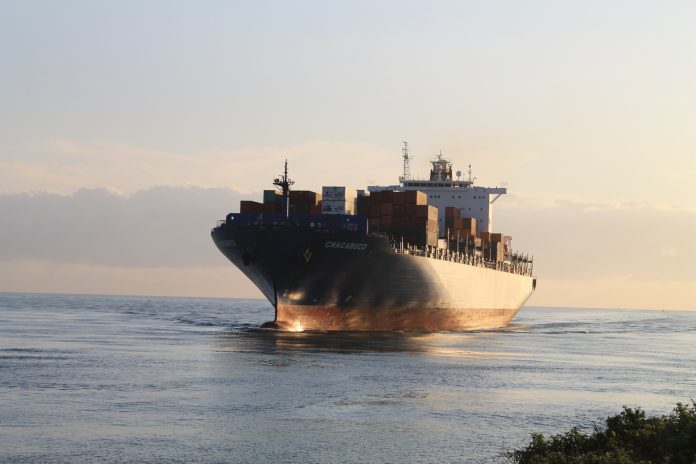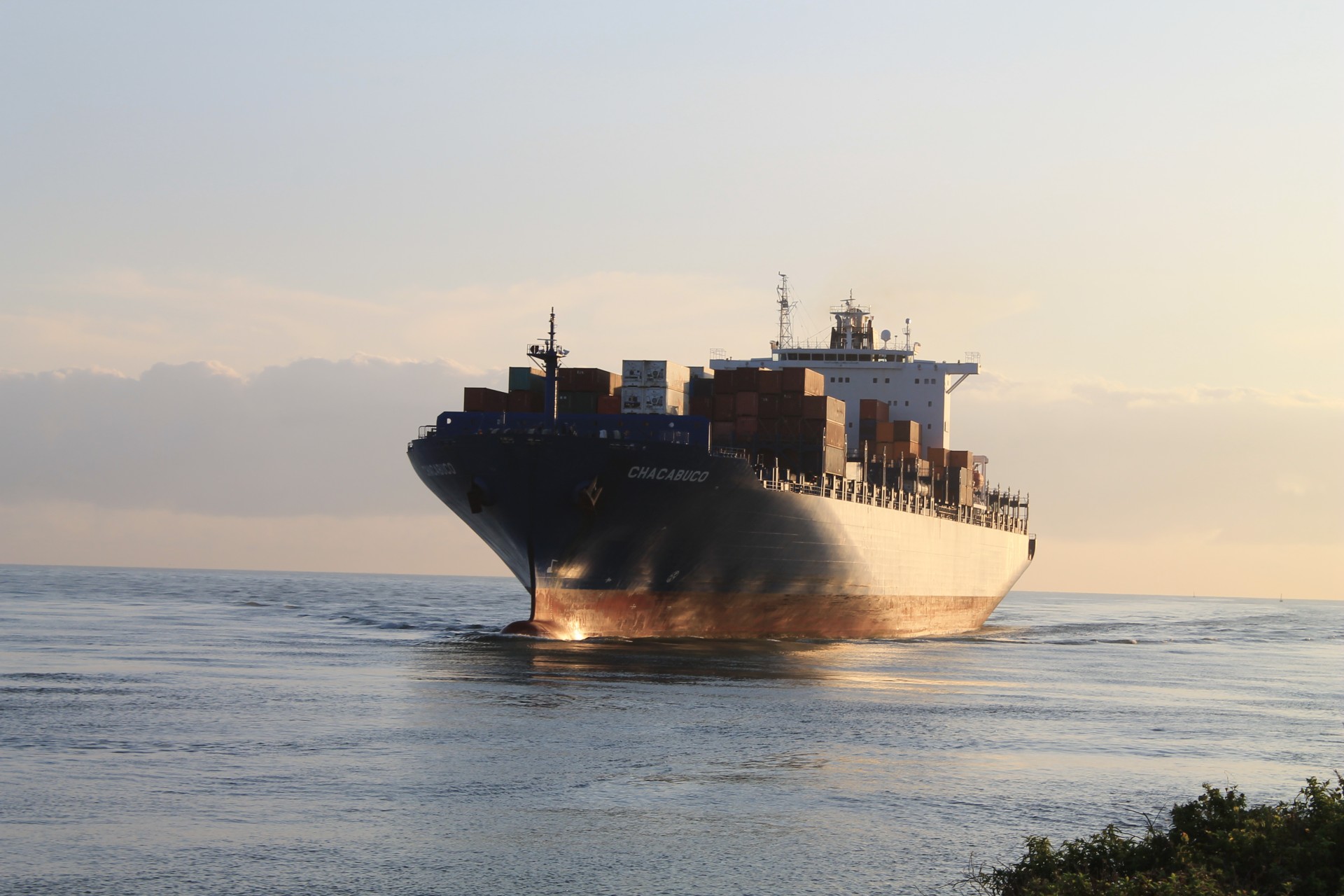
In the intricate dance between human progress and environmental preservation, a new twist has emerged that stirs the waters of the global warming debate. A well-intentioned push for cleaner shipping practices, aimed at safeguarding our health, has inadvertently spurred a sharp uptick in global warming, a phenomenon that strikes as a maritime paradox and challenges our strategies against climate change.

A recent study has shed light on an unforeseen outcome stemming from the decrease in shipping emissions: a sudden and significant surge in global warming.

Human activities have long played a role in shaping the Earth’s climate, chiefly through modifications to the atmospheric makeup.
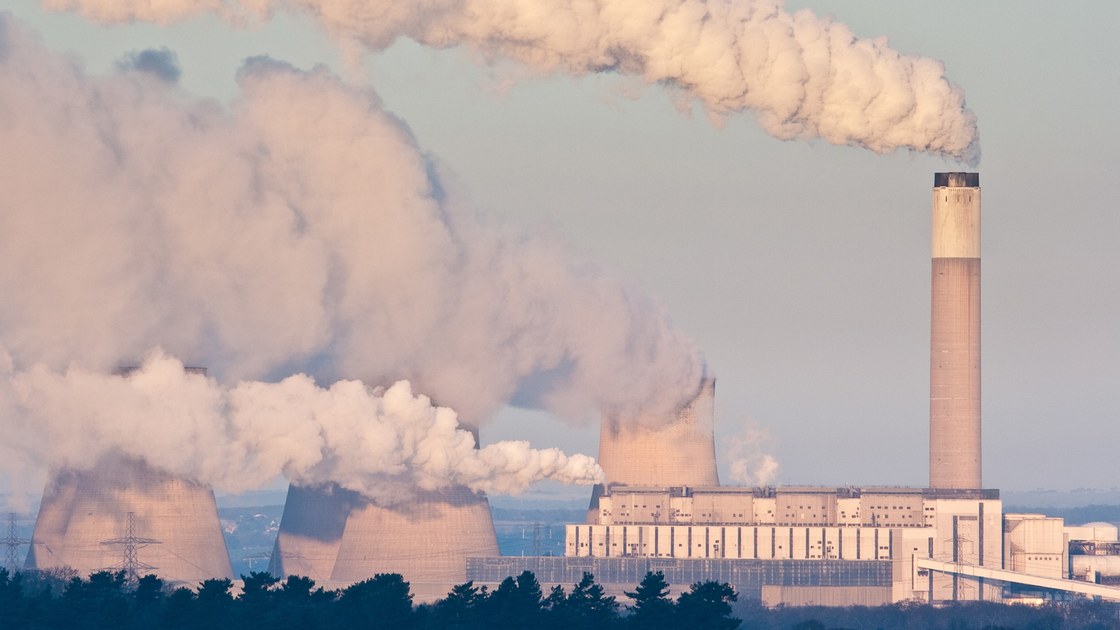
This alteration gives rise to what scientists term “radiative forcing,” denoting the alteration in energy within the Earth’s atmosphere caused by various factors such as greenhouse gases, which can influence climate change.

The warming effect induced by human-generated greenhouse gases has, to some extent, been offset by the cooling impact of human-produced aerosols.

However, in 2020, the International Maritime Organization’s implementation of low-sulfur fuel regulations slashed the maximum sulfur content of bunker fuel burned by ships globally from 3.5% to 0.5%, aiming to improve public health.

This move led to an abrupt 80% reduction in sulfur dioxide emissions from international maritime transport.
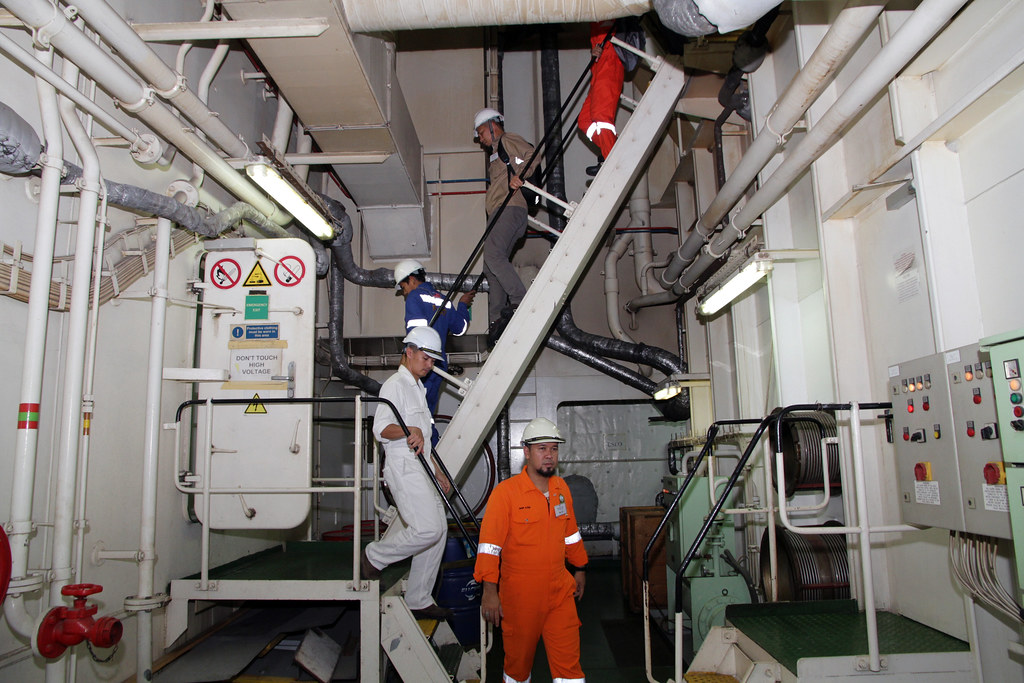
This unforeseen shift has given rise to what researchers term an “inadvertent geoengineering termination shock” with repercussions on a global scale.

The sudden decline can temporarily hasten global warming by diminishing cloud cover across the world’s oceans.

Researchers have calculated that the regulation has triggered a notable surge in radiative forcing throughout the planet’s oceans.

This surge, as highlighted by the study, carries the potential to potentially double or even triple the rate of warming in the 2020s when compared to the rate observed since 1980.

This warming trend corresponds with the recent uptick in temperatures observed in 2023 and is anticipated to contribute to an exceptionally warm period throughout the 2020s.

The increase in radiative forcing amounts to approximately 80% of the documented rise in planetary heat absorption since 2020, resulting in a pronounced hemispheric contrast with significant implications for altering precipitation patterns, as outlined in the study.

The research proposes that marine cloud brightening, a technique involving the seeding of marine low clouds with aerosols to enhance their brightness, could serve as a potential geoengineering remedy, offering temporary cooling effects on the climate.
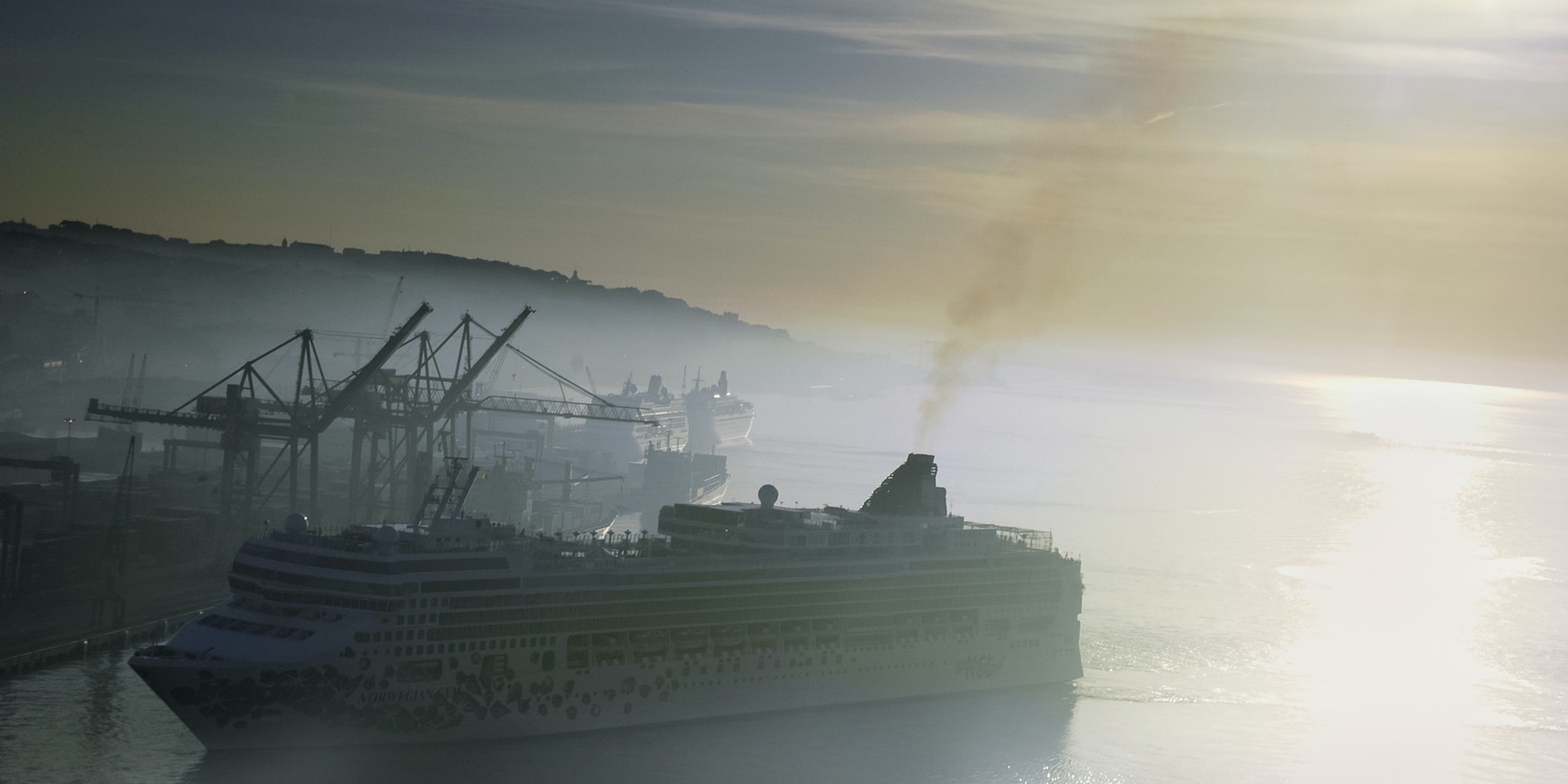
However, it’s important to acknowledge that implementing this solution poses distinctive challenges of its own.
Relevant articles:
– Unexpected Global Warming Spike Due to Abrupt Reduction in Shipping Emissions, Study Finds, gCaptain
– Climate impact of shipping, transportenvironment.org
– sulphur shipping rules are affecting global warming, Carbon Brief
– OPEC+ Working on Complex Deal to Extend Production Cuts into 2025, Sources Say, gCaptain
